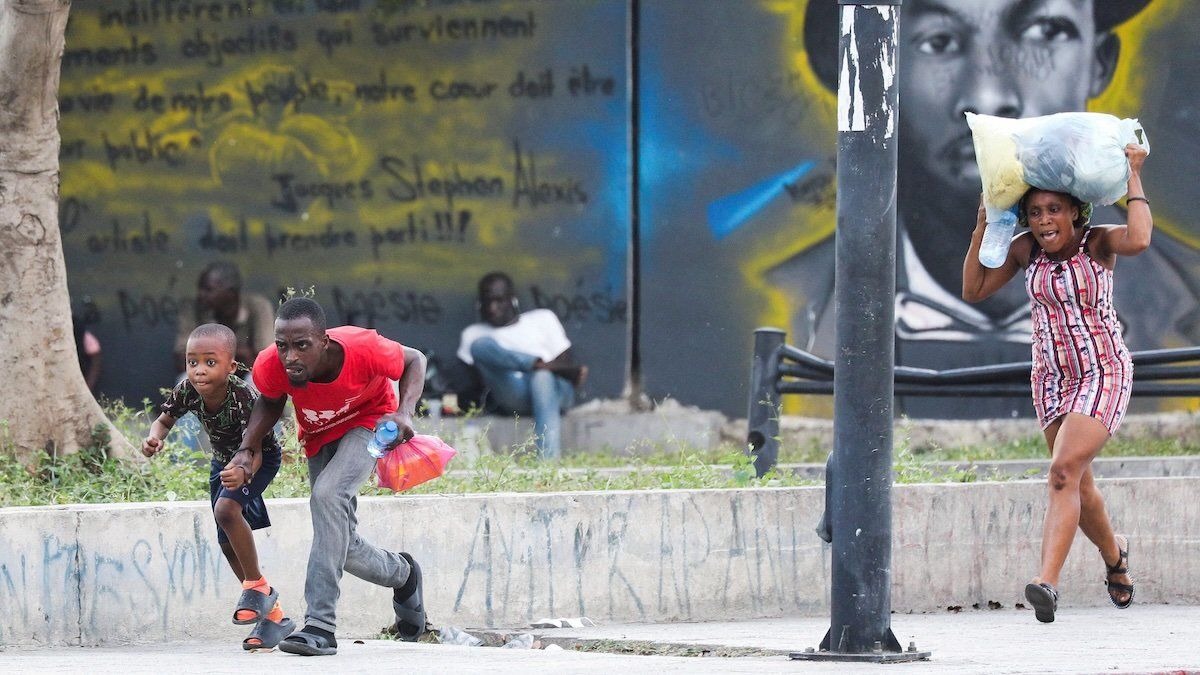Both the US and Canadian governments are facing challenges getting their citizens out of Haiti, and neither country seems to be making any headway toward a plan to reduce the chaos and violence in the Caribbean country.
The airport in Port-au-Prince has been closed since March 4, when heavily armed gangs attacked. The attack was repelled, but international carriers stopped providing service — leaving many foreigners stranded and fearful as gangs control the streets.
Both Canada and the US have resorted to helicopter flights to get people to the neighboring Dominican Republic. A spokesperson for Canadian Foreign Affairs Minister Mélanie Jolysaid Tuesday that 36 had been choppered out. Some Americans are exiting via harrowing helicopter flights as others fly out on commercial flights from the airport at Cap-Haitien, where the security situation is better than in the chaos-consumed capital.
There has been no progress in re-establishing security. A police force from Kenya has agreed to go in, but it can’t do so without a mandate from a functioning government, and the unelected prime minister announced he would resign under pressure after the airport attack. US Ambassador to Kenya Meg Whitmanon Tuesday said that the Kenyan police can’t go to Haiti until they are trained, the US sets up a base for them and the necessary structures are put in place to manage the finances for the mission.
The head of Unicef said Tuesday that 125,000 children are at risk of severe malnutrition unless order is soon restored.
There is no sign that the violence will come to an end without outside intervention. Former US Ambassador James B. Foley wrote in the Washington Postthis week that Biden may be forced to order a brief US intervention for humanitarian reasons, although he would surely rather stay out of it.
